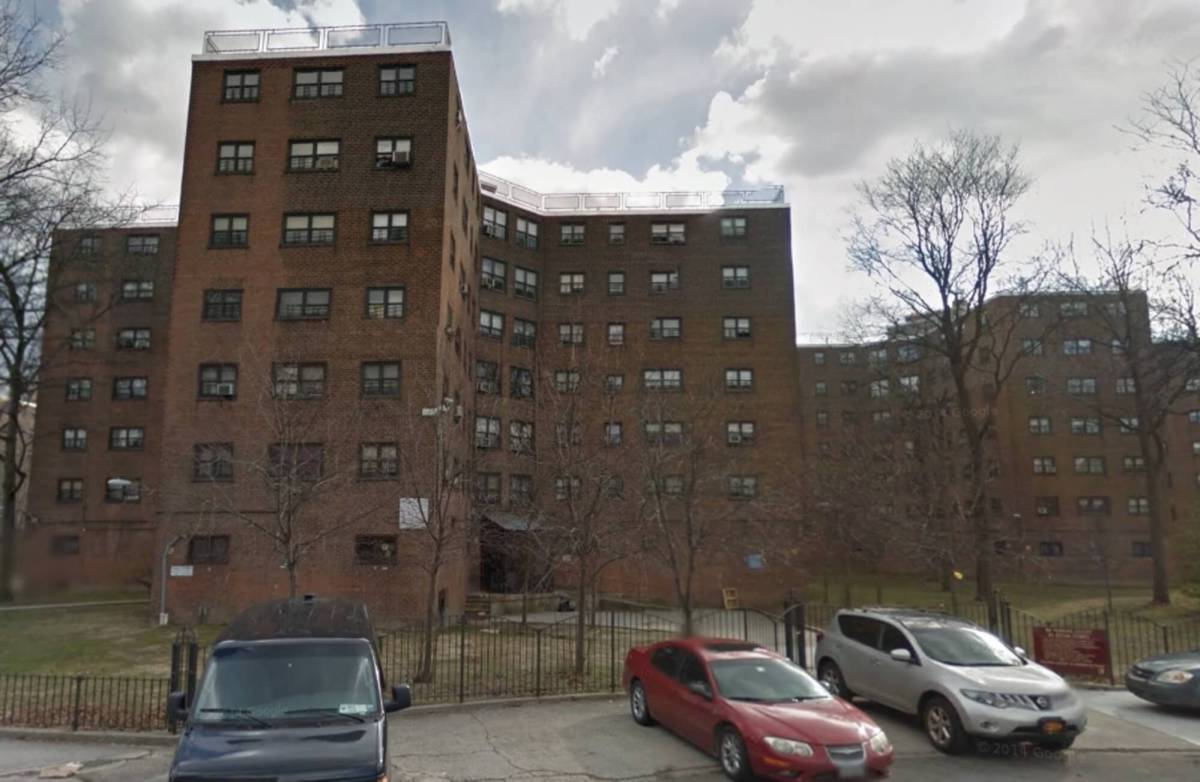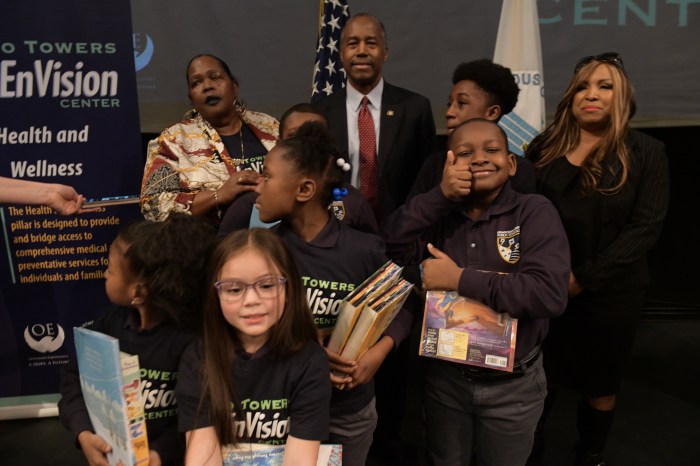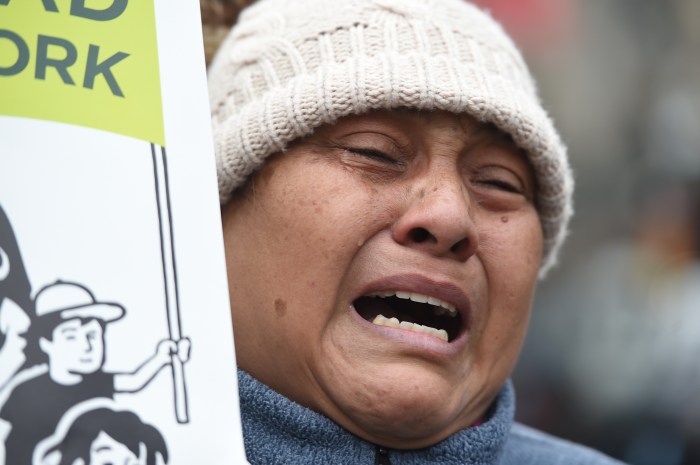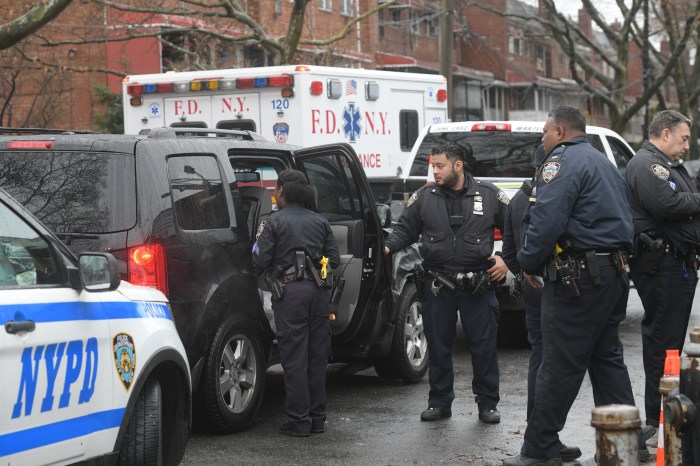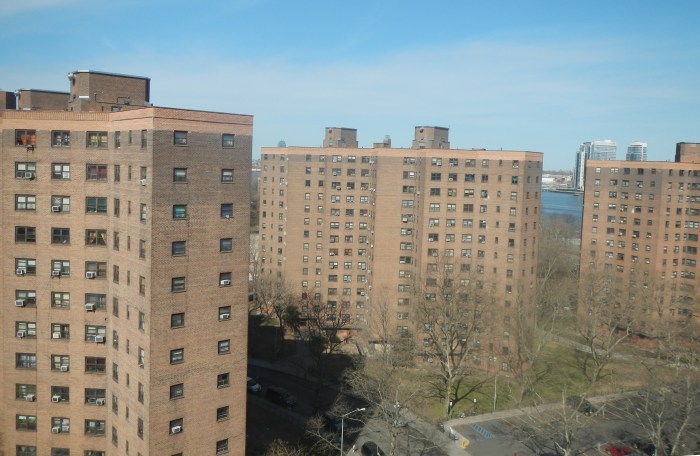After surviving nearly three months without cooking gas, residents of a New York City Housing Authority (NYCHA) building in Astoria finally had their gas service restored on Thursday, Dec. 10.
Tenants of 1-04 Astoria Blvd., a building within NYCHA’s Astoria Houses, initially lost cooking gas service on Sept. 23, beginning a months-long fight to get the service restored. And while residents — who were each provided with a hot plate by NYCHA — may now have their gas restored, for some, the fight is not over.
“While I am pleased these residents now have service restored, this whole episode represents an unacceptable failure from NYCHA,” said State Senator Michael Gianaris. “Rent-paying tenants deserve better.”
The outage, which did not affect residents’ heat or hot water, caused great disruption to the lives of the building’s tenants, they said.
“You know how long it takes me to cook a meal? We don’t have kids at school anymore, they’re home, the parents are working from home. That’s three meals a day and one single hot plate,” Kimberly Elliot, a resident of the building, told QNS in October. “You can’t even sit down as a family and eat.”
Residents and elected officials also called foul on NYCHA for what they felt was a vague timeline for repairs. Weeks after residents lost gas service, the housing authority told tenants service restoration could take up to 78 days from the initial date of the outage. Under that timeline, NYCHA met its goal with Thursday’s restoration.
In response to the outage, elected officials have made calls to hold NYCHA more accountable to its residents.
Recently introduced in the state Senate, Gianaris’ NYCHA Utility Accountability Act would prorate a tenant’s rent if the tenant is faced with a gas, heat, water, or electric outage. The bill is currently in the Senate’s Rules Committee.
City Councilman Costa Constantinides, who chairs the council’s Environmental Protection Committee, used the opportunity to urge the city to phase out gas stoves in NYCHA buildings altogether and introduce more environmentally friendly electric stoves instead.
“The latest outage highlights how dangerous and unreliable natural gas is as a cooking source. A single leak can disrupt dozens of lives for months on end — without a clear date on when it will be restored,” Constantinides said in October. “As we seek to rebuild and improve public housing to make it more sustainable, I agree that NYCHA must explore how it can replace gas stoves with electric ones.”
The outage also generated an outpouring of donations from community-based organizations, who turned out to provide meals to affected residents, especially around Thanksgiving. Organizations like Frontline Food Queens distributed prepared meals to residents over the past few months.
“We called upon the Astoria community to cook for the residents to show our love and solidarity,” Evie Hantzopoulos, a candidate for City Council and co-founder of Frontline Foods Queens, told QNS in October. “With less than two days’ notice to prepare, we fed an entire building and then some, through home-cooked food provided by the community.”
NYCHA did not immediately respond to QNS’ request for comment.
This first appeared on QNS.com



